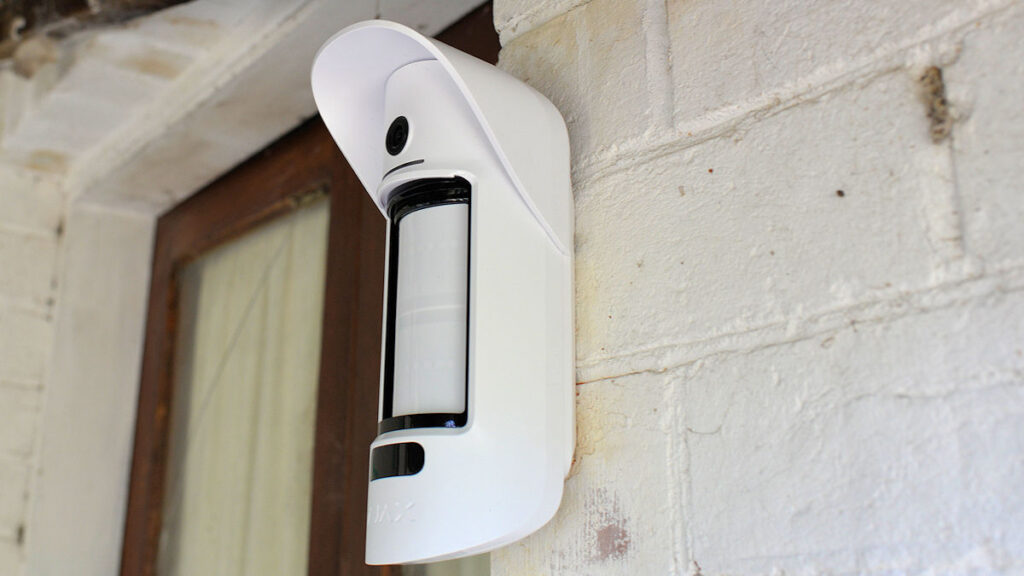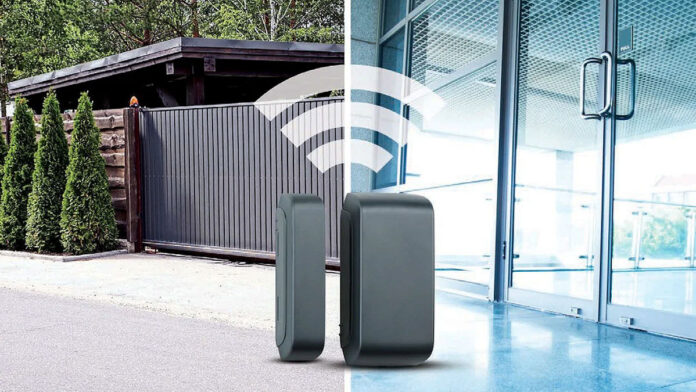Most challenging alarm installation – The most challenging alarm installations are external, and they can make life very tough for installers looking to balance security and false alarm resistance.
In our opinion, the toughest alarm installations tend to incorporate multiple challenges, including direct sunlight, objects like trees and shrubs, and objects with high reflectance, combined with high winds and high temperatures.
Hot air rising from black pool covers with moving shrubs behind can knock a quality sensor’s day-time reliability sideways – once the PIR is in a state of alarm, movement back and forth is all that’s required to trigger the microwave.
This sounds odd, but using sensors combined with cameras has allowed us to ascertain that some disturbances have a distinctly human shape, and this shape often appears at the outer limits of the detection range and may be formed by multiple pieces of foliage moving in a certain way in a certain wind strength.
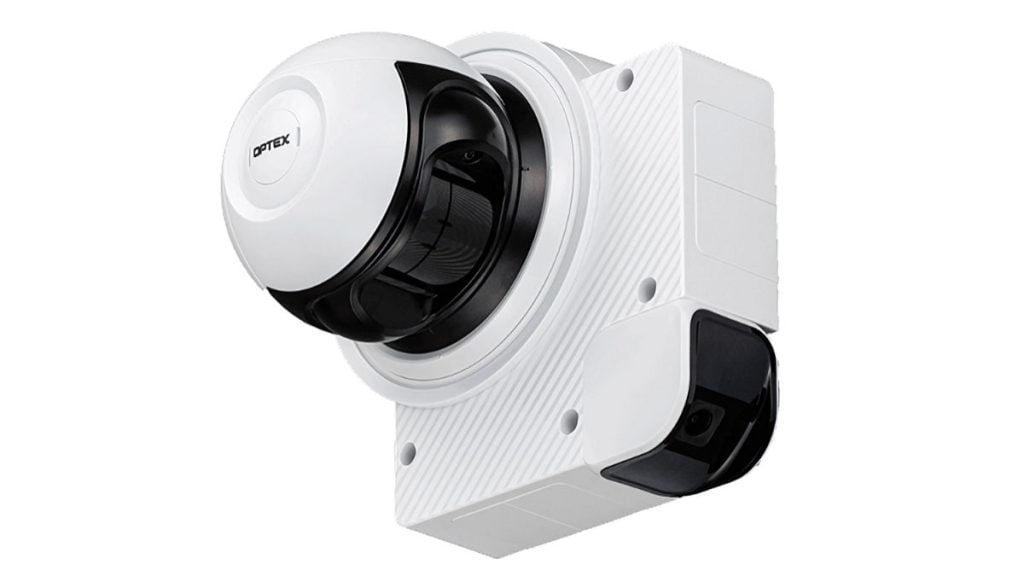
Getting the balance of sensitivity right in a complex application takes time, and you need a clever and understanding monitoring station at your side during this process. A sensor that endlessly triggers thanks to shiny leaves on a fast-growing bush when the temperature goes over 33 degrees, and the wind goes over 20kmph will be the bane of operators unless there’s plenty of communication. All this makes for a challenging alarm installation.
Another issue for external sensors is wind-blown leaves catching on sensors, dust build-up on lenses from blown dust from wind and mowing of dry ground, and evaporating rain, as well as the presence of insects and their infrastructure, like spider webs and wasps’ nests.
What Is The Most Challenging Alarm Installation
Internal challenges include securing ill-fitting doors that vibrate because of a gap between the tongue of the lock and the keeper that allows door movement. Some lightly built doors or older doors built of vertical planks may twist, activating tilt sensors when under pressure. Meanwhile, fire, smoke and CO sensors may be used as fixing points for spider webs, and this may impact airflow and reduce sensitivity.
Another element that makes for a challenging alarm installation is wirelessly securing remote metal buildings, particularly if these structures are located lower than the hub. This places them at the lower levels of a propagating waveform. If you have a poor signal between the hub and sensor in ideal conditions, the signal will be lost in pouring rain. Sure, the sensor will come back online when the storm passes, but you may be liable if there’s a breach at that moment.
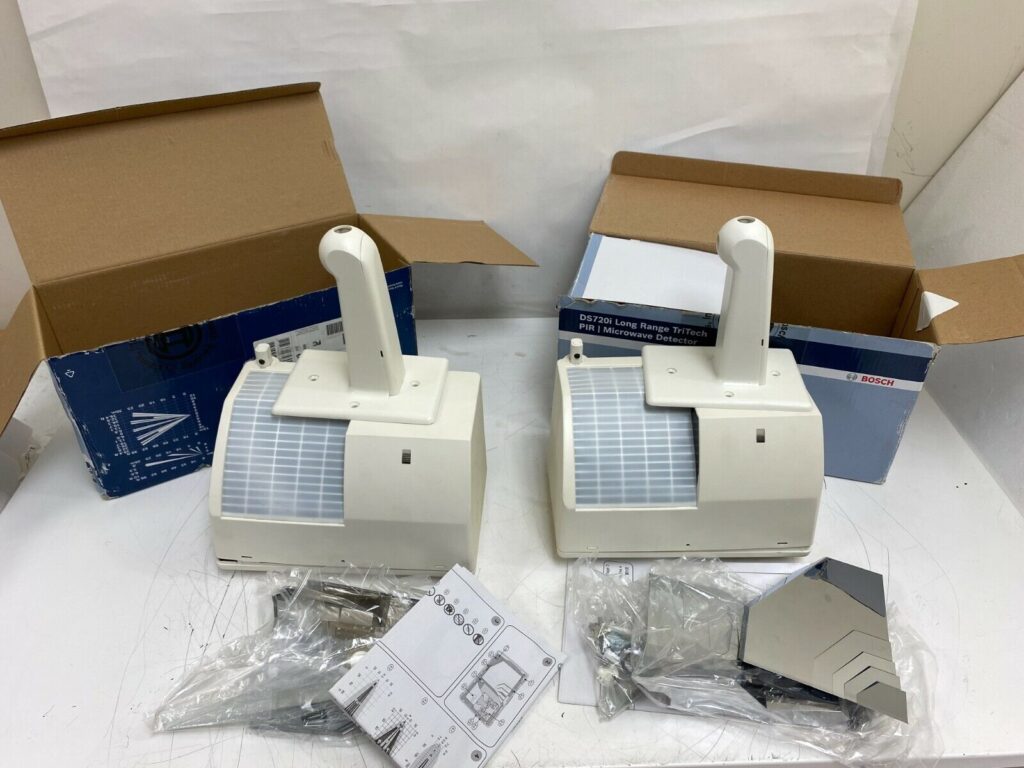
The answer may be a repeater, the use of hardware, or the relocation of the sensor to an elevated location. In certain circumstances, you might be able to locate the sensor near an opening in the structure to allow enhanced communication. The only way to be sure is to walk test and then be engaged with tweaking the system after installation. Obviously, this sounds great, but if your team is putting in 20 systems a week, it may never happen.
Resolving all these issues and more requires a balance of responses. Halve your expectation of sensor range when working outside. Provide cover for sensors. Introduce sensor cleaning procedures. Don’t install wireless sensors too far from hubs or expanders, especially if they are located in metal buildings or downslope buildings.
Using camera sensors in extreme applications will allow immediate assessment of false alarm events. For the same reason, install sensors in pairs so their detection zones overlap, or layer the system so real intrusion will lead to a sequence of triggers, not a single trigger.
Most Challenging Alarm Installation
Young installers should note that a genuine intrusion won’t trigger 1 or 2 alarm events across adjacent sensors – it’s more likely to trigger dozens of events in a very short space of time. Operators in monitoring stations should weigh internal intrusion sensor activations more highly than external activations. False alarms in stable internal environments are highly unusual.
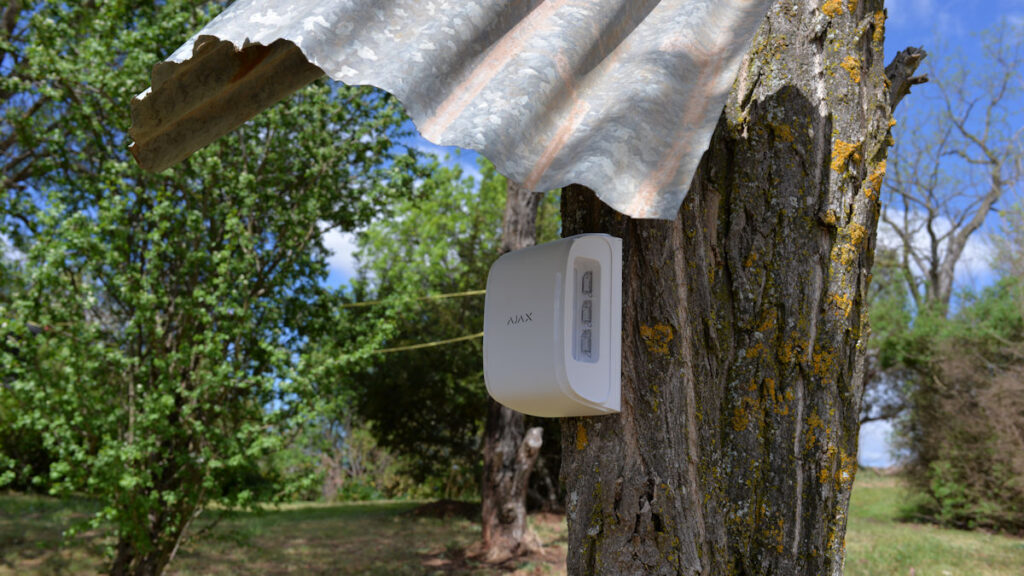
Mix up your detection technologies. Dual technology volumetric in some areas, photoelectric line crossing in others, radar sensors where appropriate, camera IVA somewhere else. Vibration sensors and reeds still have a role to play. Some quirky sensors that detect attacks on safes and doors are less expensive than you think. They require care to install properly, but they create another layer of detection technology.
Be prepared to tweak sensitivity after commissioning. There’s no point pretending an installer on site for a day-and-a-half is going to be across everything the site can throw at a system during commissioning. The system will inevitably detect ambient movement through seasonal weather changes, or fail to detect intruder movement at the outer edges of detection ranges if a sensor has its pulse count dialled down.
When it comes to detectors on doors, make sure doors close firmly, and if you can’t ensure they do so, use the lowest sensitivity settings, or you’ll be getting terse calls from control room operators on windy days.
Before activating tilt, see how much twist the door has when you try to bend the edge. There are some applications you’ll be comfortable with tilt sensing if it requires a firm push in the top corner of the outer edge of a closed door to activate it.
Sensor choice is another issue. Favour sensors with higher IP ratings externally – at least IP55 – and make sure you shroud them against rain and UV any way you can. If you shroud them with corrugated iron as I did in the image above, slice a length of hose with a box cutter and wiggle it on to soften the edges. In my case, a new custom cover has been built of timber that’s safer but offers less protection from the elements than the flared iron sheet did.
Don’t scrimp on sensors in tough applications. You’re better to have fewer high-quality sensors than to have many basic devices that are limited to internal areas. Buy long-range wireless sensors and walk-test them in tramping boots. If you’re working on a high-security site think Class 5 with its monitored loops and use good sensors on the ends of the loops. When I say good, I don’t just mean good catch performance, I mean stable against false alarm triggers.
What Is The Most Challenging Alarm Installation
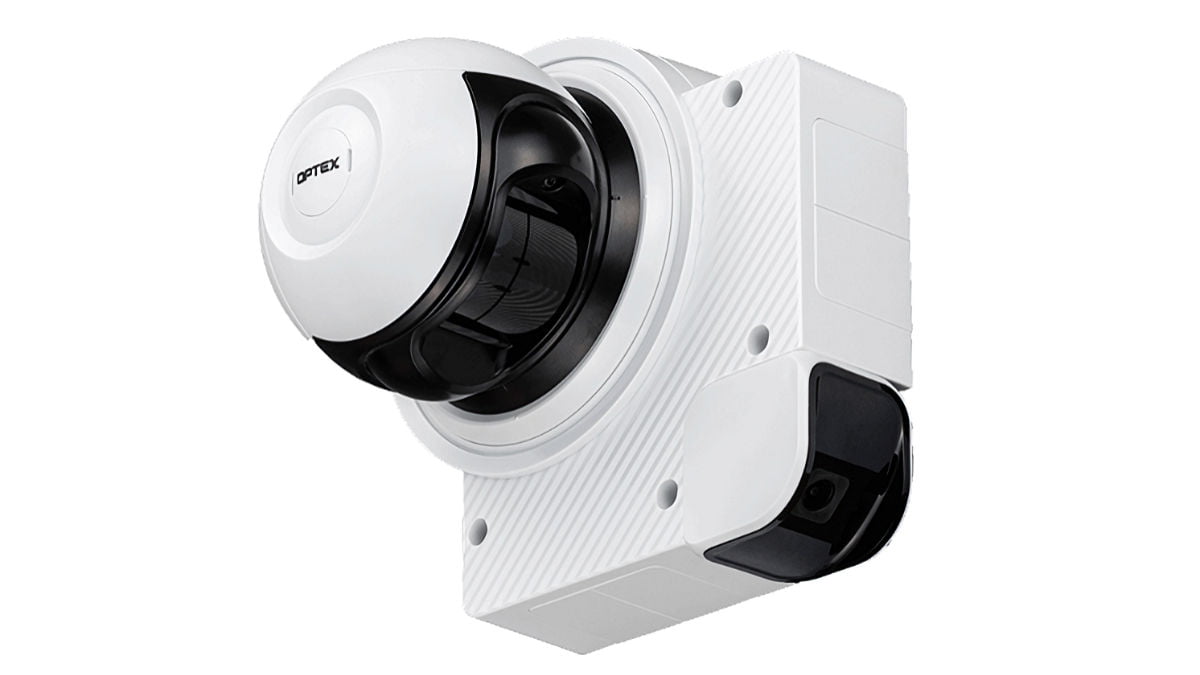
There are core challenges for security systems that you won’t first consider. For instance, a regional site that experiences blackouts on hot days is going to need a hub, switch and internet infrastructure connected to a suitably capable UPS. If the system uses Starlink, be sure to add at least 1 4G SIM if there’s service. A hardwired application in a warehouse might be made vulnerable without a comprehensive rodent remediation program.
In our opinion, a proportion of volumetric sensors of all types should include cameras. Something else we think is worth having adjacent to any alarm system is remotely accessible CCTV. There’s nothing worse than getting a run of false alarms at a remote site and not being able to put eyes across the site.
Be generous with smoke and heat sensors. While they are life safety devices in sleeping areas, they are early warning systems in external sheds or parts of buildings close to bush and in roof spaces. We’ve never attempted this, but on bush blocks or commercial sites adjacent to bush, small structures that incorporate smoke sensors may give early warning of approaching fire.
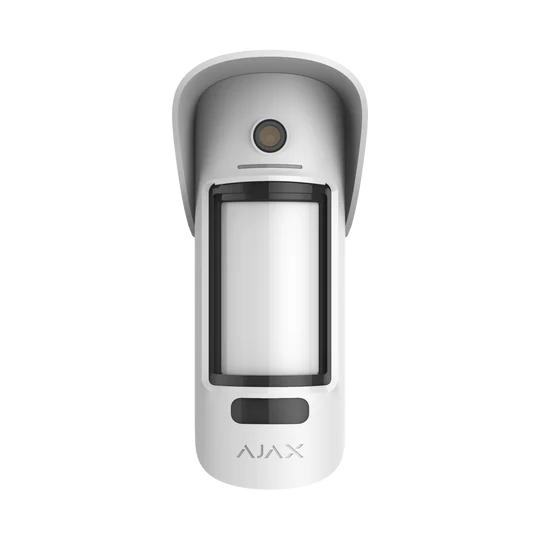
Something else that’s worth doing as a tech is installing a comprehensive system of the type you sell in your home and office and living with it. Nothing teaches an installer the end-user experience better than having gone through it yourself. Every installer – and every BDM and salesperson – should be living with their system daily.
You can learn more about alarm sensors or read more SEN news here.
“The most challenging alarm installations are external, and they can make life very tough for installers.”
